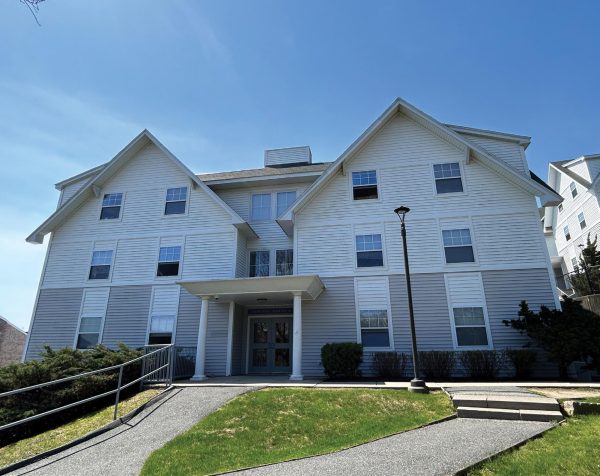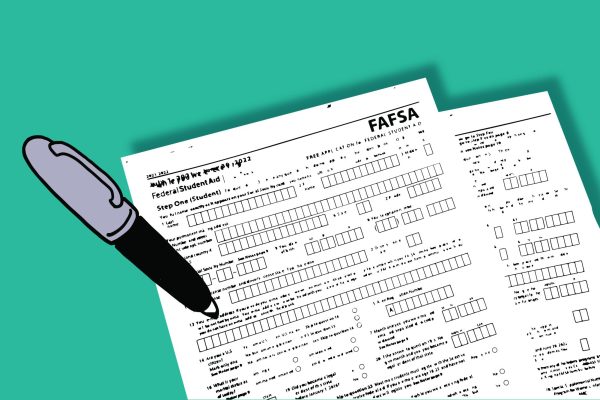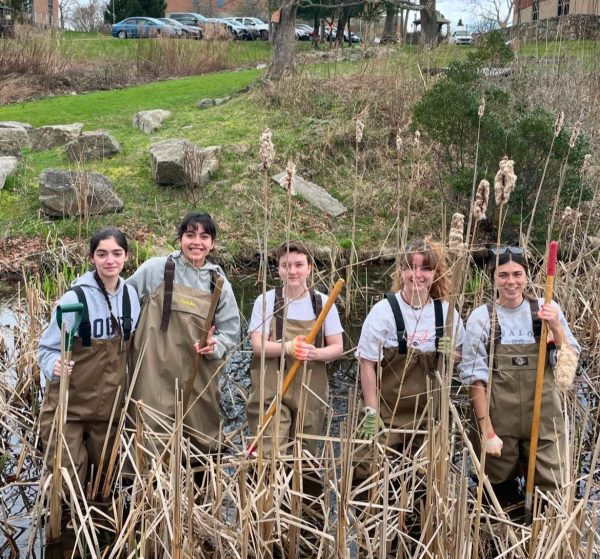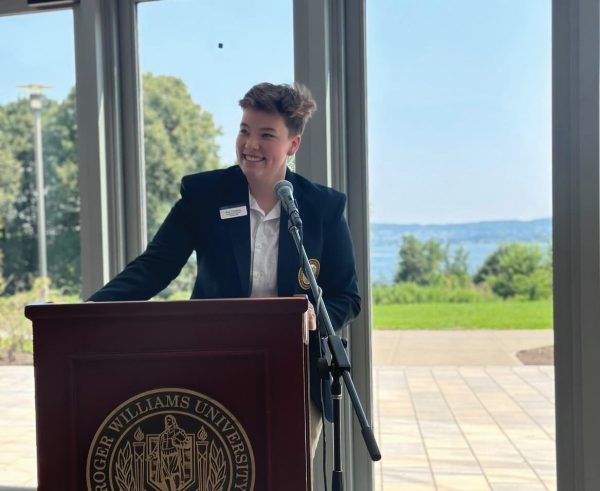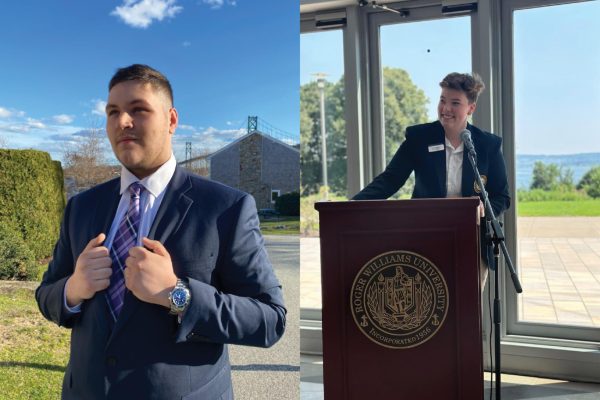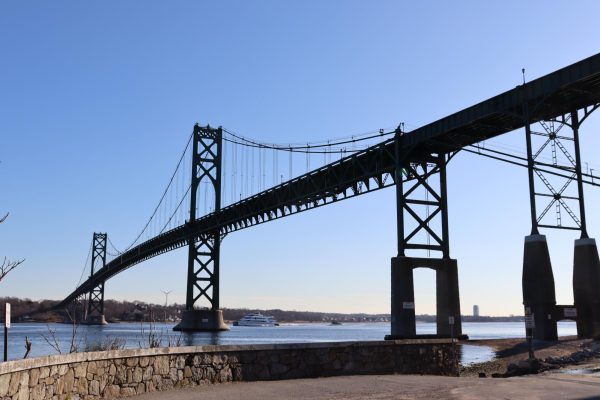Governments take action on climate change
Research shows that there are about 12 years until the effects of climate change are irreversible. If actions are not taken immediately, the planet and all its living things will face hot temperatures, extreme weather, fewer species of plants and animals, and the washing away of coastal cities. Governments across the world are proposing plans and research about the issue.
The National Oceanic and Atmospheric Administration said that Rhode Island has warmed by more than three degrees over the past 100 years, and sea level has risen more than 9 inches since 1930 at Newport, faster than the global average. Their projections say that the sea level will rise by one to four feet by 2100.
The State of Rhode Island Climate Change website says that there is the potential for significant risks for the state’s water, surface transportation, energy infrastructures, and natural environment, as well as health, welfare and economic well-being.
Governor Gina Raimondo has stated plans to work on increasing renewable energy tenfold by 2020. She has a plan called “Resilient Rhody.”
“Resilient Rhody is about actions we can take to protect our infrastructure and our natural resources, strengthen our economy, preserve the health of our environment and keep Rhode Islanders safe,” she wrote in a statement about the plan in 2018.
Senator Sheldon Whitehouse speaks about the issue of climate change regularly on the U.S. Senate floor, and many of his federal colleagues are combating the issue alongside him.
Massachusetts House Speaker Robert DeLeo proposed a plan where a $1 billion environmental grant program would fund municipal efforts for building clean energy infrastructures and climate resilience programs.
“We like that this has become an issue that leadership in the state is now taking seriously,” said Drew Grande, clean energy program director at the Massachusetts Climate Action Network. “We’re also excited to see that there’s a new fund of money that’s available for climate projects.”
The plan is said to continue to fund the state’s commitment to combating climate change while giving each city and town the ability to make their own locally considered decisions.
“I think what we’re hopeful about from this is that that pool of money is going to go back to communities,” Grande said, “and what we would like to see happen is if it can be dealt out through the green communities.”
The Intergovernmental Panel on Climate Change says that there are not many years left until the effects of climate change will be too hard to come back from. DeLeo’s proposal does not have the plan to work quickly within this time frame, but Grande is still hopeful for the future.
“We do have [about a] 10 year window that we’re looking at,” Grande said. “And I think this is a step towards that.”

